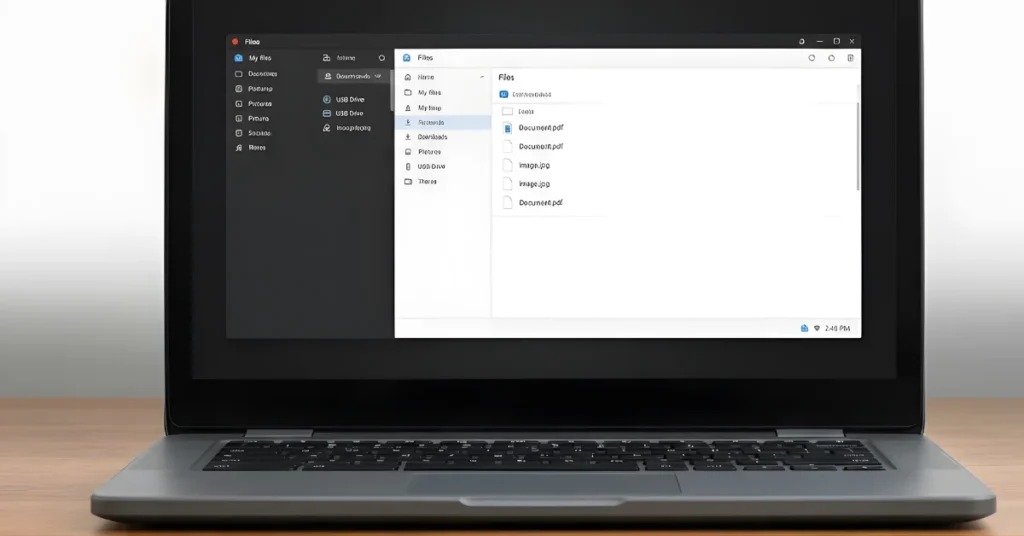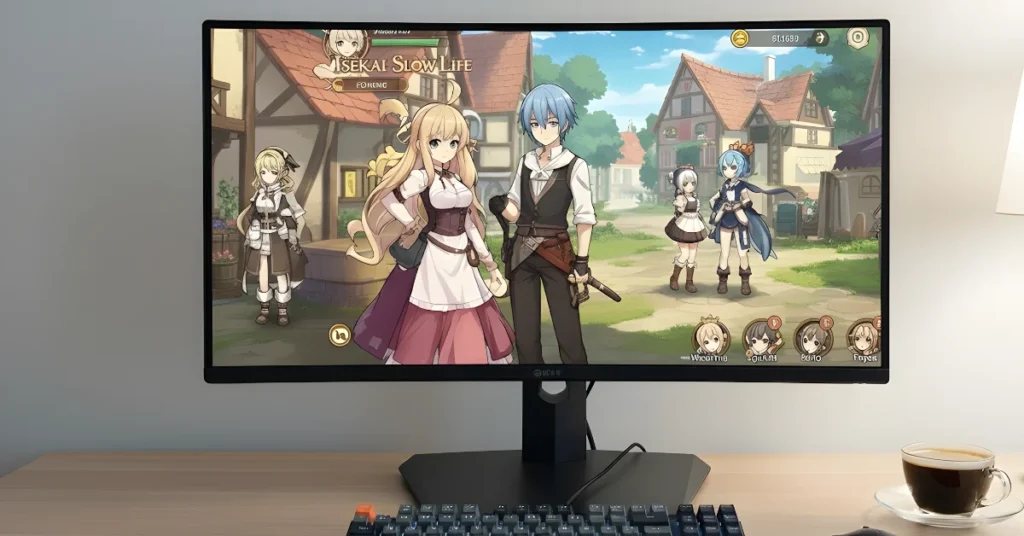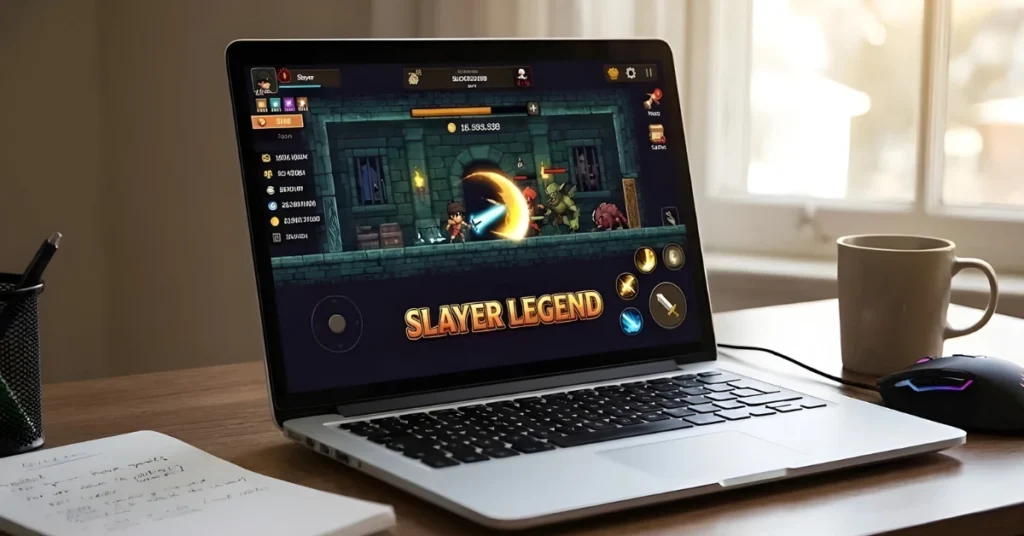So, you feel the spark to inspire young minds and are wondering if teaching could be your true calling? Whether you’re a student fresh out of school, someone considering a meaningful career switch, or just genuinely curious, this guide is crafted to walk you through every step of how to become a teacher. Grab your cup of chai (or coffee), settle in, and let’s chat about what it takes to step confidently into the classroom.
Why Teaching? The Joys and Journey
Teaching means more than chalk, blackboards, and homework. It’s about making a difference—shaping the next generation, building futures, and yes, learning a lot yourself in the process! Becoming a teacher is a path that requires dedication, but it’s filled with rewards, growth, and lifelong connections.
Understanding the Different Paths to Teaching
Before you jump in, it’s smart to know what kind of teacher you want to become and where you’d like to teach. In India, options range from becoming a government teacher (often prized for job security and benefits), private school teaching, or even venturing into special education or vocational training.
Each route comes with its own set of qualifications and pathways. Let’s break it down, so you can find what fits best for you.
Kickstarting Your Journey: Qualifications You Need
Starting strong requires knowing the minimum qualifications. Here’s what you need at different stages of your academic life.
After 12th: Your First Steps Toward Teaching
Thinking about how to become a teacher after 12th? Good news: you can start your foundational journey early! To become an elementary or nursery teacher, most schools require:
- Completing 10+2 with a minimum of 50% marks.
- Pursuing a Diploma in Elementary Education (D.El.Ed) or Nursery Teacher Training (NTT) for primary/nursery teaching roles.
These programs typically last 1–2 years and include both theory and practical classroom training. This is a great option if you know right after school that teaching is your goal.
After Graduation: Opening More Doors
If you’re exploring how to become a teacher after graduation, you’ve got more options! For teaching at the secondary or senior secondary levels, a Bachelor’s degree (in any field) is your baseline. After graduation, prospective teachers pursue:
- B.Ed. (Bachelor of Education): The most recognized professional course for teaching in schools, generally lasting 2 years. Admission is usually through entrance tests conducted by universities.
- Specialized Courses: For those interested in teaching specific subjects like Mathematics, Science, or Languages, a Master’s plus B.Ed. enhances prospects, especially in senior classes.
For those considering alternative careers, you might also be curious about how to become a pilot in India — a high-flying path with its own set of challenges and rewards.
Getting Certified: Your Ticket Into the Classroom
You’re probably curious about how to become a certified teacher. Certification is essential—it proves you have the skills and know-how to run a classroom.
For government schools, you’ll need to clear eligibility exams such as:
- CTET (Central Teacher Eligibility Test): Mandatory for central government schools like Kendriya Vidyalaya, Navodaya, etc.
- State TETs: Mandatory for state government school teaching positions.
For private and international schools, while CTET or state TET helps, strong performance in interviews, recommendations, and sometimes international certifications (like Cambridge or Montessori) can boost your chances.
The Government Teaching Path: Prestige & Stability
If you’re motivated by job security, perks, and the pride of public service, let’s unravel how to become a government teacher. After your B.Ed. or D.El.Ed, the key steps are:
- Clear the relevant TET (CTET/State TET)
- Sometimes, additional exams like DSSSB (in Delhi) or exams for Navodaya/Sainik Schools may be required.
Once qualified, apply for positions through government portals as and when vacancies are announced.
Government teaching jobs often require patience and preparatory grit, but the payoff—a stable, respected career—is substantial. Serving your country through education is also admirable—if you are also interested in serving in cadet programs, learning how to join NCC can provide valuable leadership skills.
Teaching in Private Schools: Flexibility & Opportunities
Not everyone wants a government post, and that’s perfectly okay! Here’s how to become a teacher in private school settings:
- Private schools sometimes have more flexible requirements, but a graduate degree and B.Ed. are typically needed.
- For pre-primary or nursery classes, a diploma or NTT may suffice.
- Showcase soft skills: communication, innovation, extracurricular activities, and digital skills are highly valued.
Private schools can also offer growth into administrative and curriculum design roles, which is an exciting prospect for creative teaching minds.
Core Skills Every Aspiring Teacher Should Sharpen
Before entering the class, let’s talk about the skills that make teachers truly shine:
- Communication: Being able to explain things clearly, listen, and adapt.
- Patience and empathy: Handling a variety of student abilities and moods.
- Class Management: Staying organized and creating a positive learning environment.
- Passion for Learning: Staying updated and curious yourself—students can sense enthusiasm!
- Digital Literacy: Today’s classrooms are often “smart,” so being tech-savvy helps.
For those intrigued by career options that involve law and justice, exploring how to become a judge in India could broaden your understanding of service and leadership. One of the best things about teaching? You can pursue it at any age! Whether you’re looking for a fresh start post-retirement or want to switch careers in your 30s, colleges and schools welcome candidates with passion and commitment.
Conclusion
In a nutshell, how to become a teacher is both a structured and soulful journey. From choosing your path (after 12th or graduation), meeting qualifications, earning your certification, and applying your skills in either government or private schools, the road is distinct yet deeply rewarding. Whether you begin collecting chalk dust right after school or switch tracks later in life, the world needs passionate educators.
If you’re ready to shape minds and feel the joy of teaching, now’s the perfect time to get started. Remember, teachers don’t just teach subjects—they spark curiosity for a lifetime! Ready to start your teaching journey or still pondering your options? Dive deep into the resources at NutBolt India and light up your curiosity!













